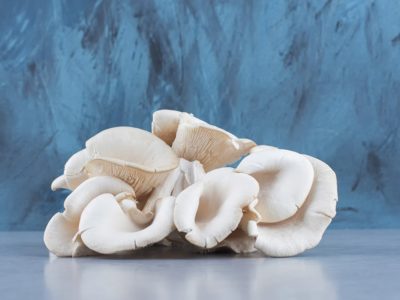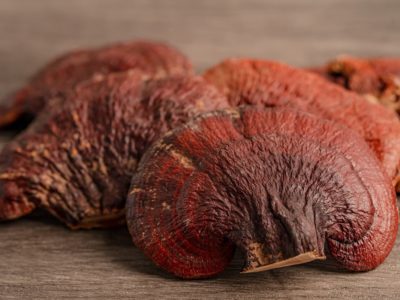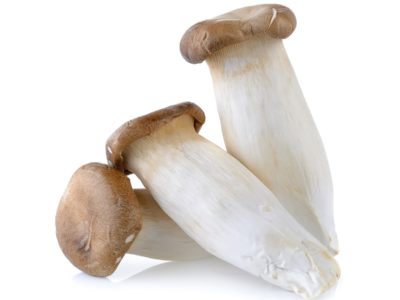The production of edible and medicinal mushrooms has been growing steadily due to their beneficial effects on health. In this study, researchers looked into how large exopolysaccharide molecules (PSF), produced in the fermented broth of the ferula mushroom (Pleurotus ferulae), affect blood sugar levels in rats with diabetes induced by streptozotocin. We divided the diabetic rats into six groups, each containing eight rats. Three of these groups were given diets that included PSF for six weeks, with daily doses of 30 mg (PSFL group), 90 mg (PSFM group), or 250 mg per kilogram of body weight (PSFH group).
Among the rats that were fed PSF, the PSFH group, which received the highest dose, showed the lowest fasting blood glucose levels. Additionally, all three PSF-fed groups had significant increases in insulin levels and decreases in HbA1c levels compared to the control group over the breeding period. Moreover, the PSFH group also had lower levels of low-density lipoprotein cholesterol and triglycerides compared to the other groups. This indicates that the exopolysaccharide from P. ferulae can effectively reduce hyperglycemia, especially at the highest dose of 250 mg per kilogram of body weight.
Wang, J., Wu, C., Chen, Y., Chen, C., Hu, S., & Chang, S. (2014). Antihyperglycemic Activity of Exopolysaccharide Produced by Mushroom Pleurotus ferulae with Submerged Liquid Culture on Streptozotocin-induced DiabeticRats. Journal of Food and Nutrition Research, 2(7), 419-424. doi:10.12691/jfnr-2-7-15



